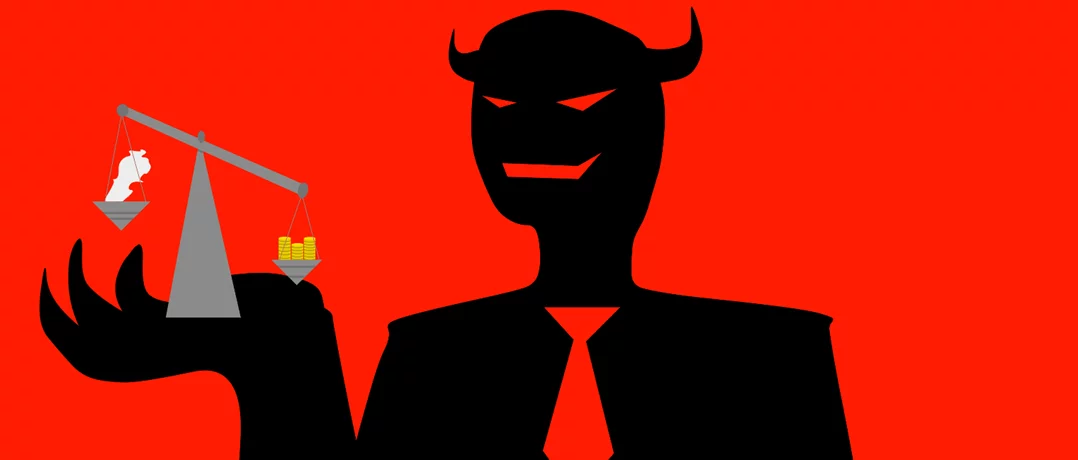Lebanon faces historic economic collapse, with currency failure, frozen banks, soaring poverty, institutional paralysis, and mass emigration.
The demons of the Lebanese economy: Anatomy of a foretold collapse
The demons of the Lebanese economy: Anatomy of a foretold collapse


Plunged since 2019 into one of the worst economic crises in modern history, Lebanon continues to face a succession of shocks that have crippled its financial system, its middle class, and its institutions. Between the collapse of its currency, the paralysis of its banking sector, the chronic electricity crisis, and the massive exodus of skilled workers, the forces undermining the Lebanese economy are multiple, deep, and closely interconnected.
Lebanon has been battling unrelenting economic storms for more than five years. What initially appeared to be a financial crisis quickly turned into an economic, social, and institutional breakdown, exposing the structural flaws of a model long perceived as resilient.
As indicators deteriorated, salaries lost their value, and bank deposits became inaccessible, it became clear that the country was confronting far more than a recession: it was confronting its own “demons,” the dysfunctions accumulated over decades that have erupted into full view.
A historic economic collapse
The scale of the economic deterioration is such that, according to the World Bank, it exceeds that of many crises recorded globally since 1850. Lebanon’s GDP contracted by more than $40 billion between 2018 and 2023, wiping out a large share of productive activity. This freefall was compounded by the spectacular depreciation of the Lebanese pound, which has lost over 98% of its value, plunging hundreds of thousands of families into uncertainty.
Added to this is rapid impoverishment: over 55% of the population now lives below the poverty line, while extreme poverty affects one in three households.
For a World Bank economist, “no country can absorb such a brutal contraction without deep and immediate reforms.” The verdict is clear: Lebanon is experiencing one of the worst economic crises in contemporary history.
A paralyzed banking sector
Once a regional flagship, the banking sector has turned into a trap for depositors. Nearly 90% of deposits are frozen (if not permanently lost) stripping households of an estimated $72 billion in theoretical savings. Banks impose arbitrary restrictions, while international transfers remain extremely controled.
A former IMF adviser summarizes the situation: “There can be no recovery without a full restructuring of the banking sector. As long as trust is broken, the economy will remain at a standstill.”
This implosion of the financial system is unfolding within a spiral of crushing public debt, reaching nearly 280% of GDP, one of the highest ratios in the world.
Electricity: the financial abyss draining the state
No sector illustrates Lebanon’s structural demons more vividly than the electricity crisis. Since 1992, Électricité du Liban (EDL) has swallowed more than $40 billion, while providing only 1 to 3 hours of power per day in many regions.
Households spend up to 25% of their income on private generators, fueling a costly and polluting parallel economy. As an energy expert warns: “As long as the electricity sector is not reformed, no fiscal stabilization is possible. It is the state’s black hole.”
The great exodus: a country losing its lifeblood
The crisis has triggered a massive demographic haemorrhage. According to UNDP, more than 250,000 Lebanese have left the country since 2019 including doctors, engineers, nurses, professors, and young graduates. The figures speak for themselves: 40% of nurses
20% of doctors and thousands of skilled professionals have emigrated in just three years.
As one Lebanese economist warns: “Lebanon trains talent, but other countries reap the benefits.”
This exodus of human capital weakens productivity and undermines long-term economic recovery.
Runaway inflation crushing households
Between 2020 and 2024, cumulative inflation exceeded 900%. Food prices have increased fifteenfold, and the average household basket has risen by 350%. Purchasing power has collapsed: a kilo of meat can now cost the equivalent of 40% of the minimum wage, and many schools accept only fresh-dollar payments.
Lebanon’s economic collapse is inseparable from its institutional paralysis. A prolonged presidential vacancy, caretaker governments, stalled reforms, and persistent political tensions prevent the country from overcoming the crisis.
As one economist notes:
The solutions exist. What is missing is the political will to implement them.
The country’s downfall is neither irreversible nor inevitable. The priority reforms are well-known: banking sector restructuring, electricity sector reform, fiscal discipline, anti-corruption measures. Experts agree: without political change, no economic measure can succeed. As the IMF former advisor puts it: “Numbers can be repaired; trust takes much longer.”
Lebanon now stands at a crossroads where inaction is no longer an option. Facing its economic demons has become a national emergency.

